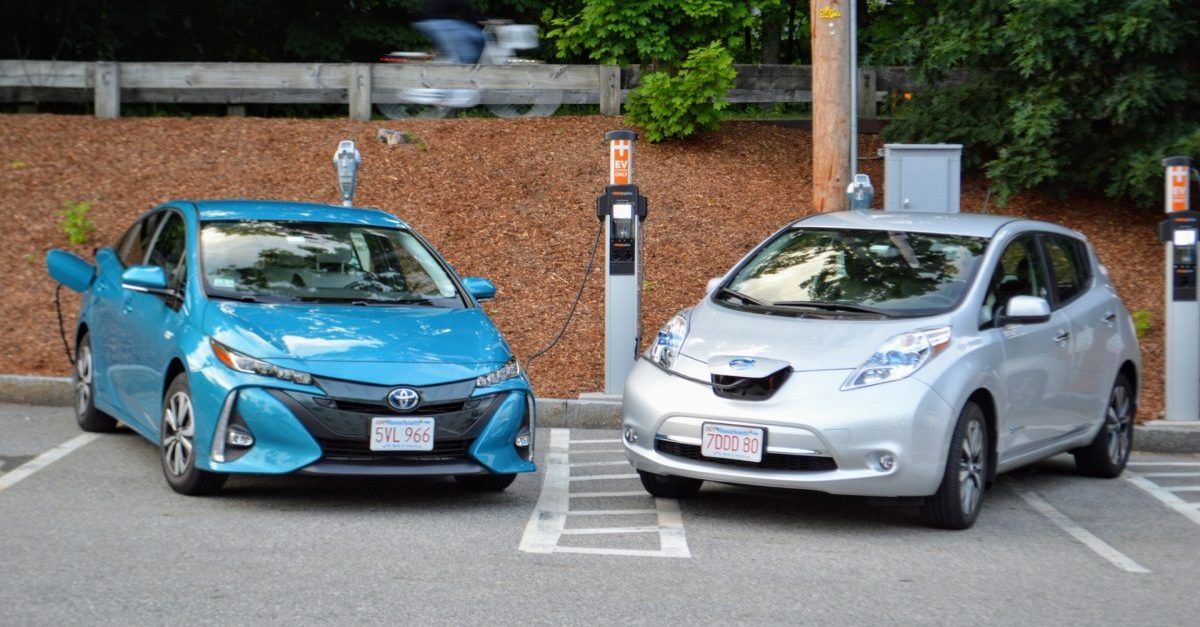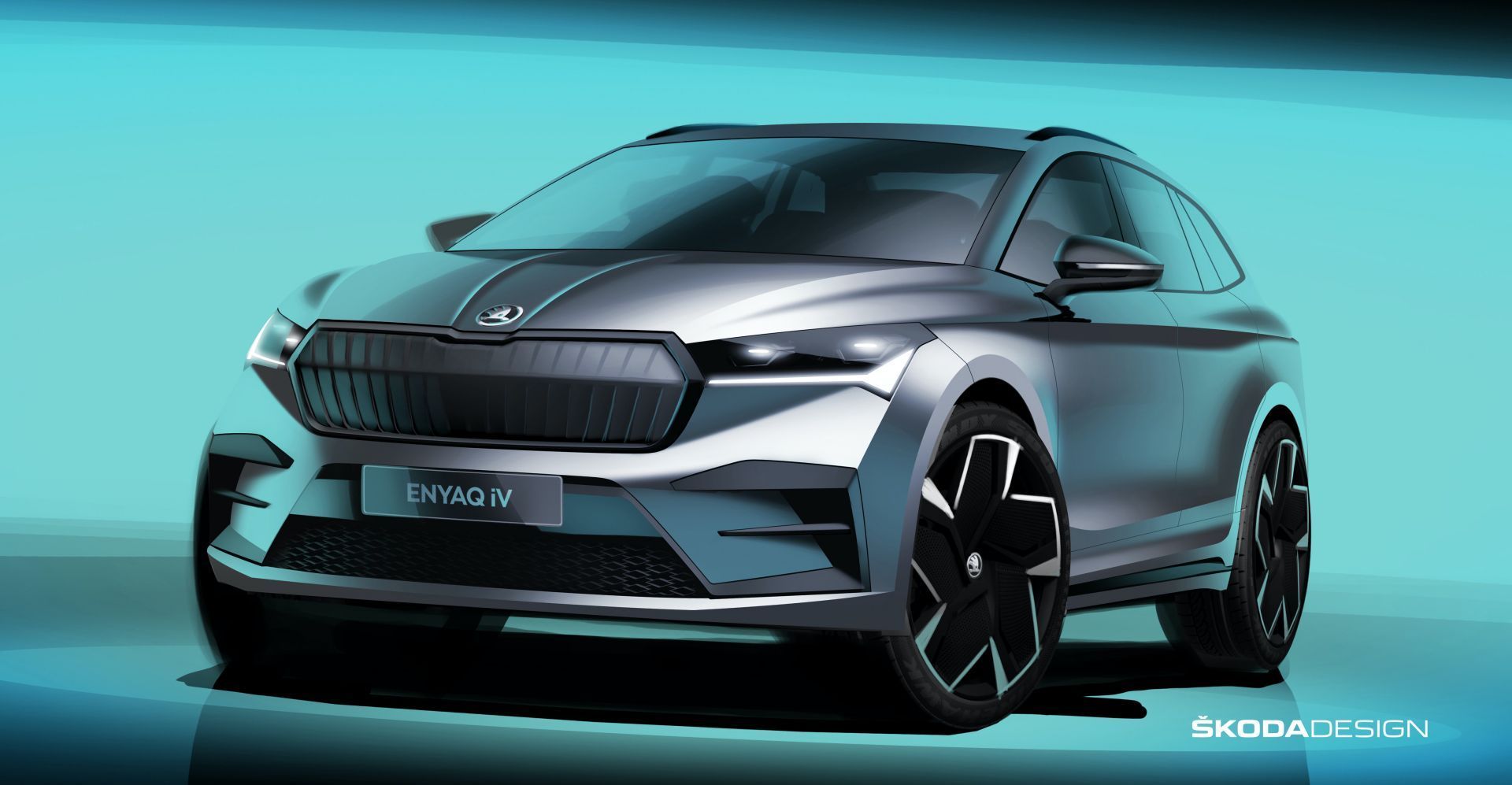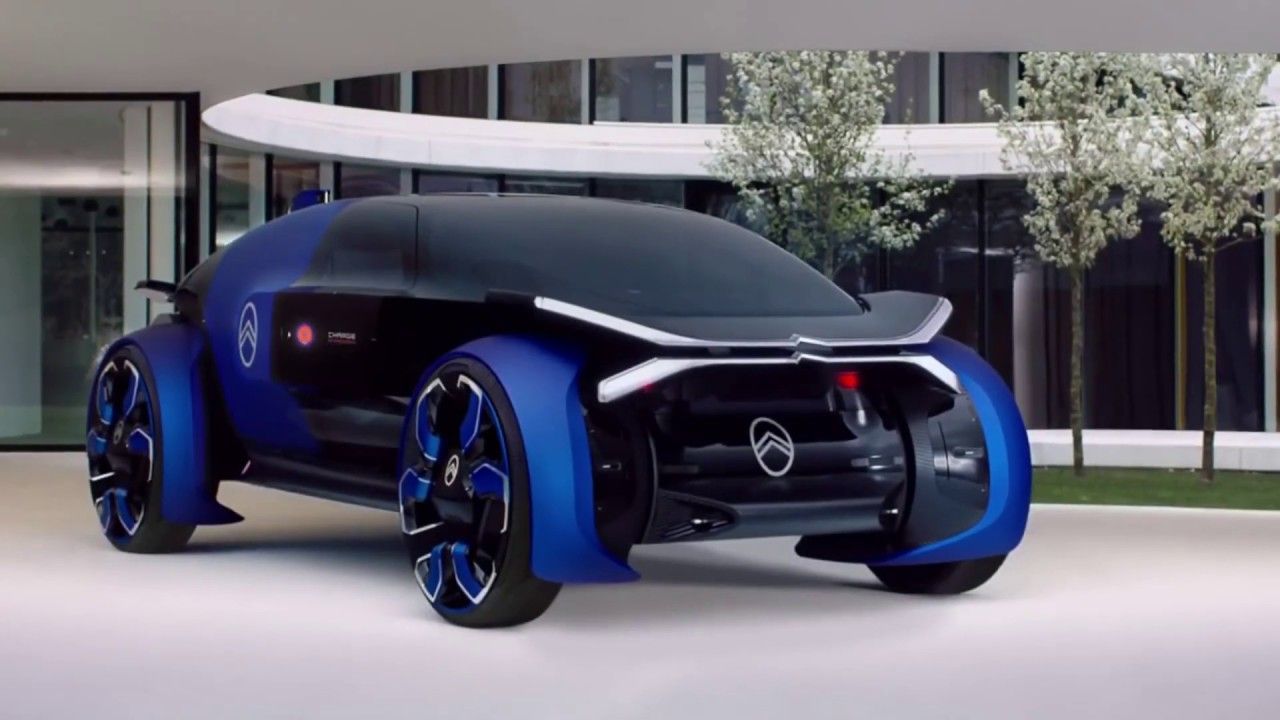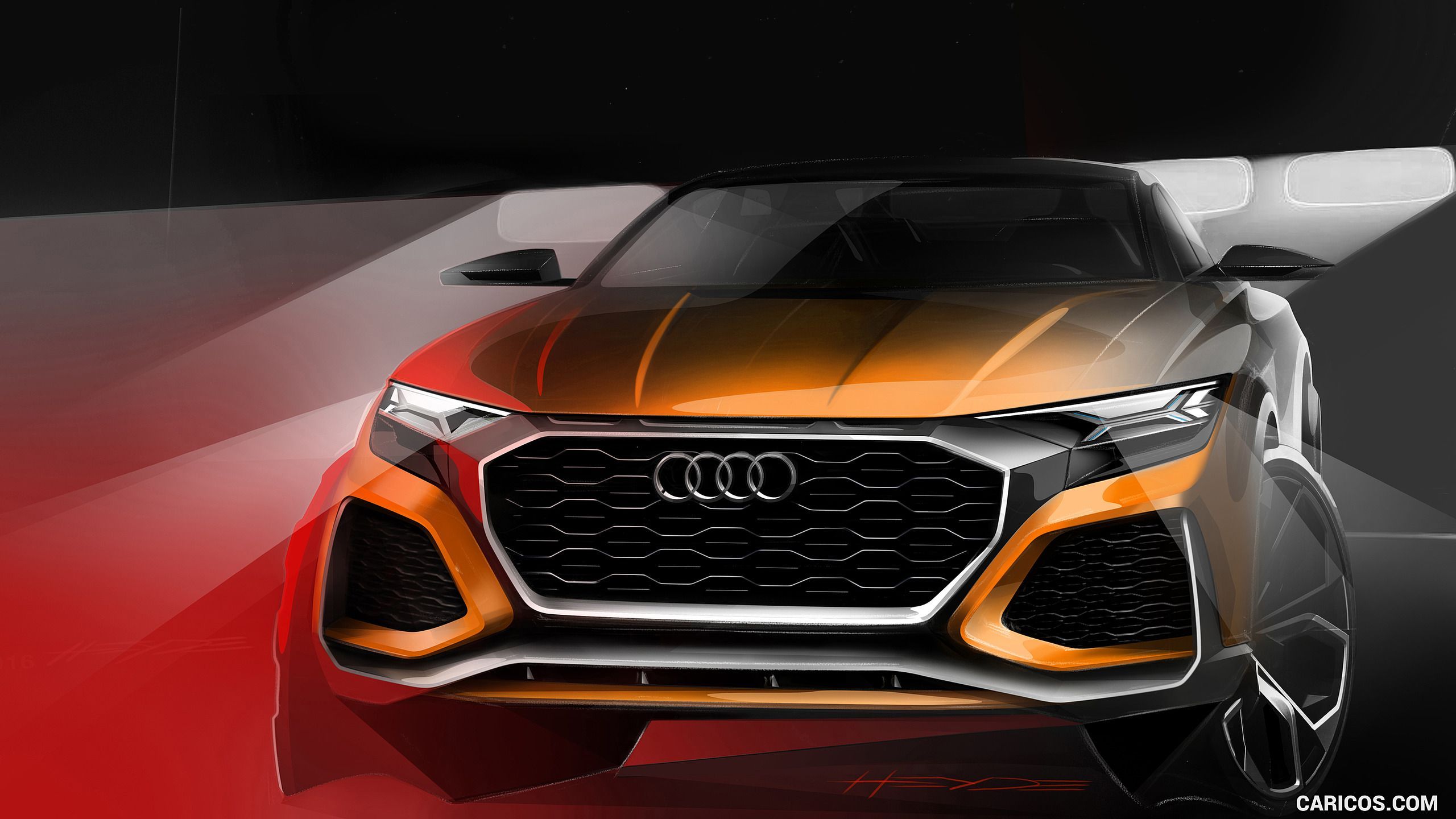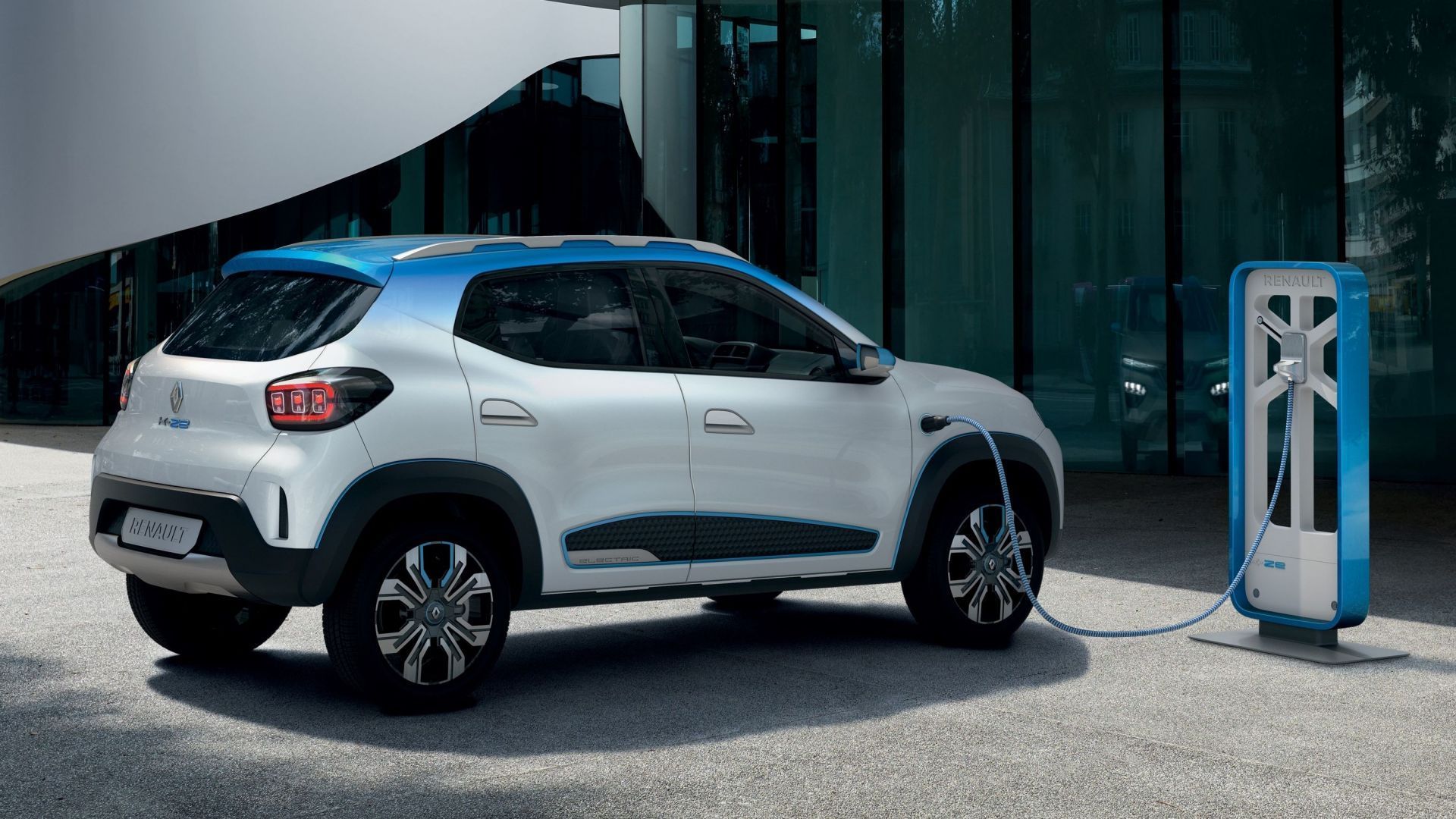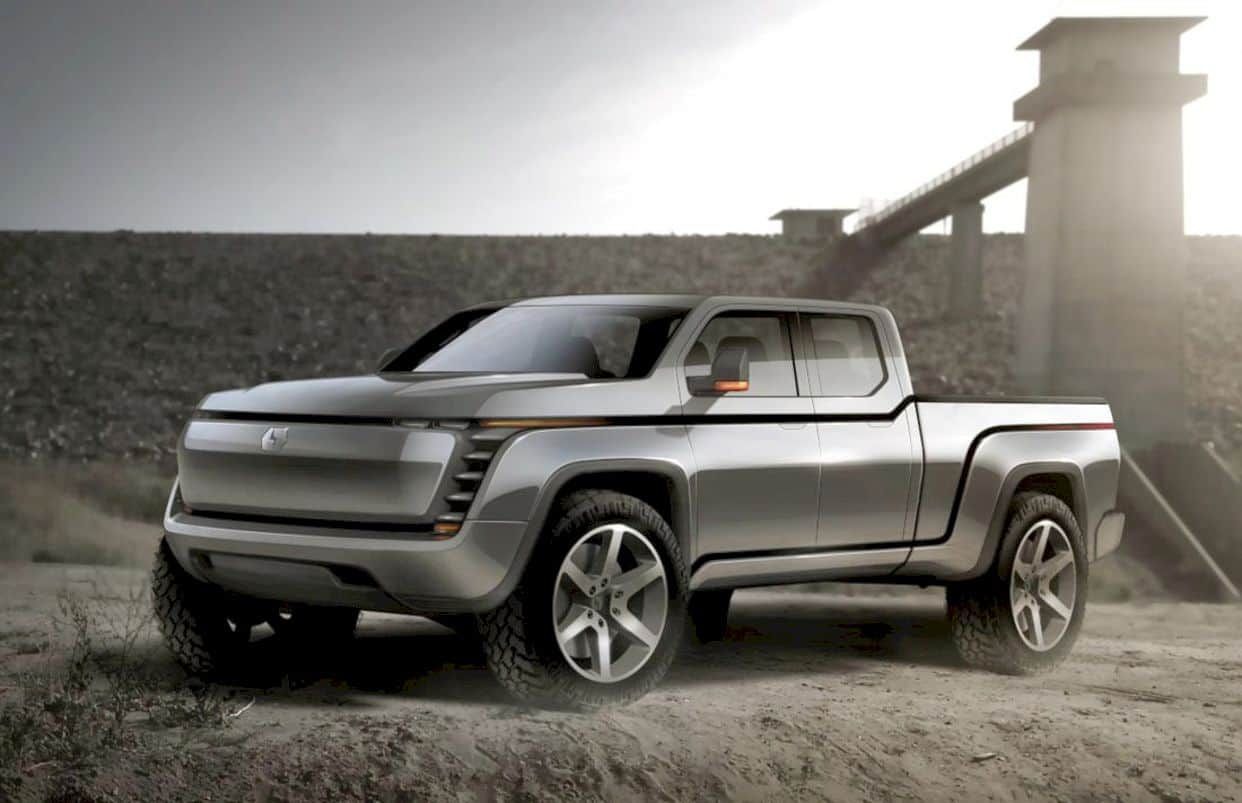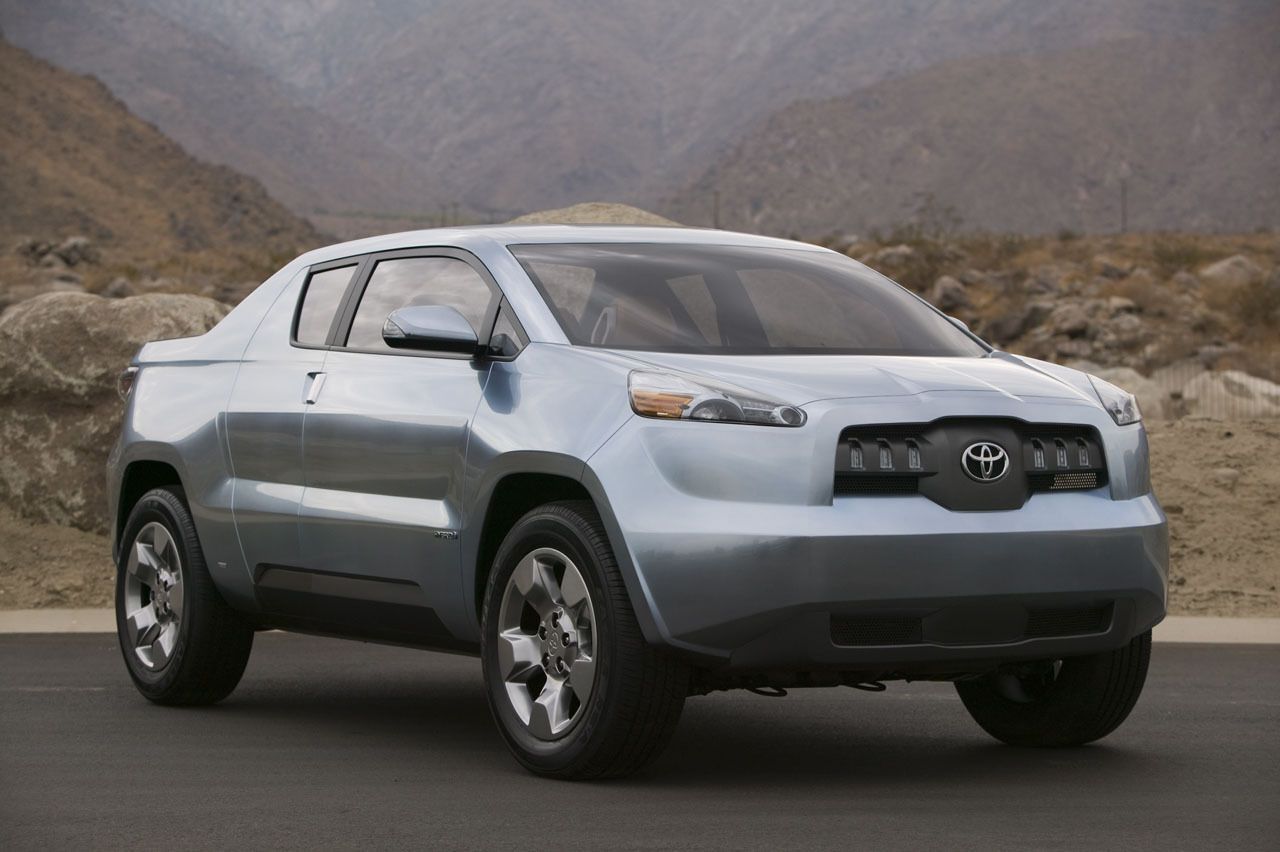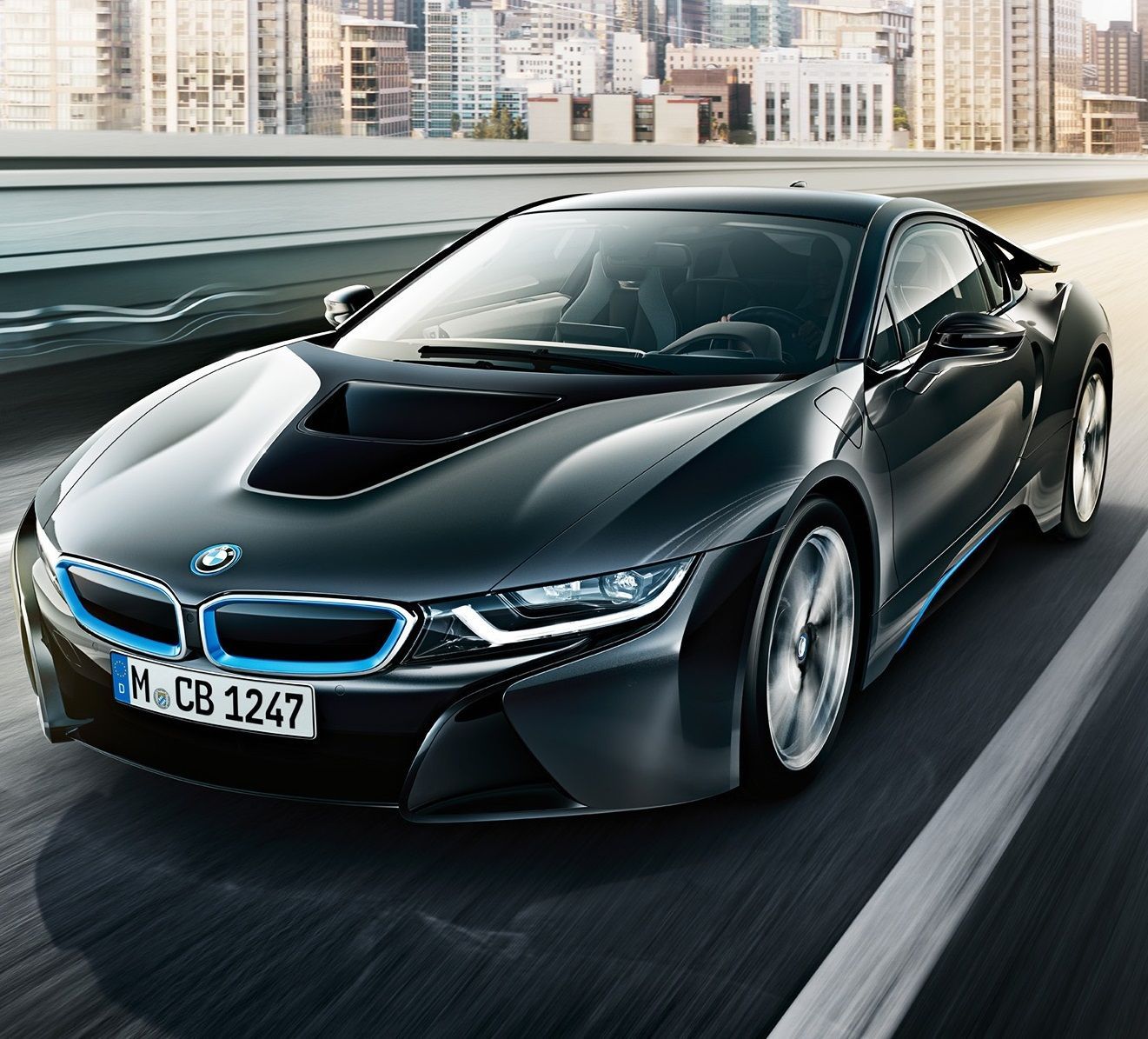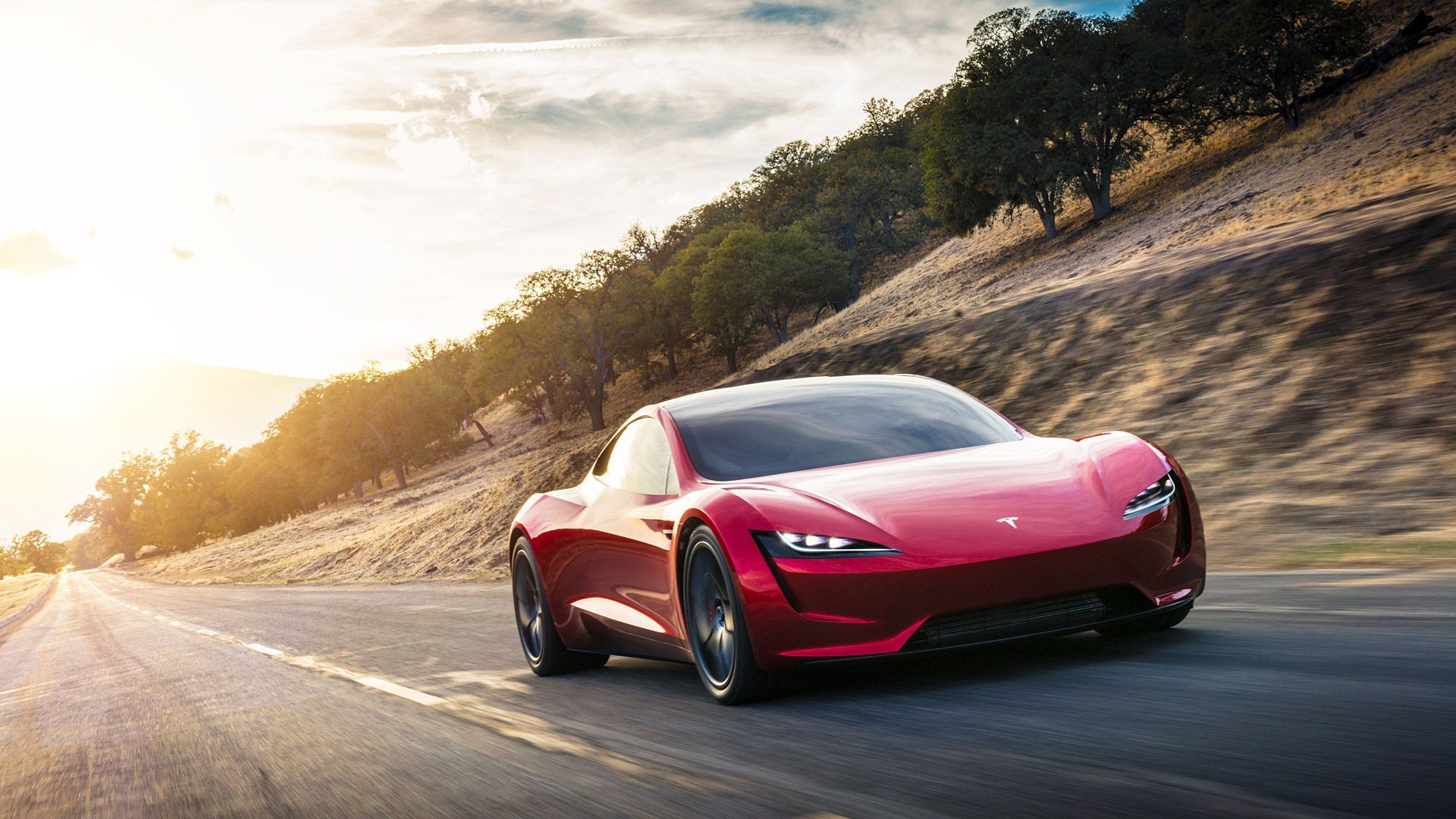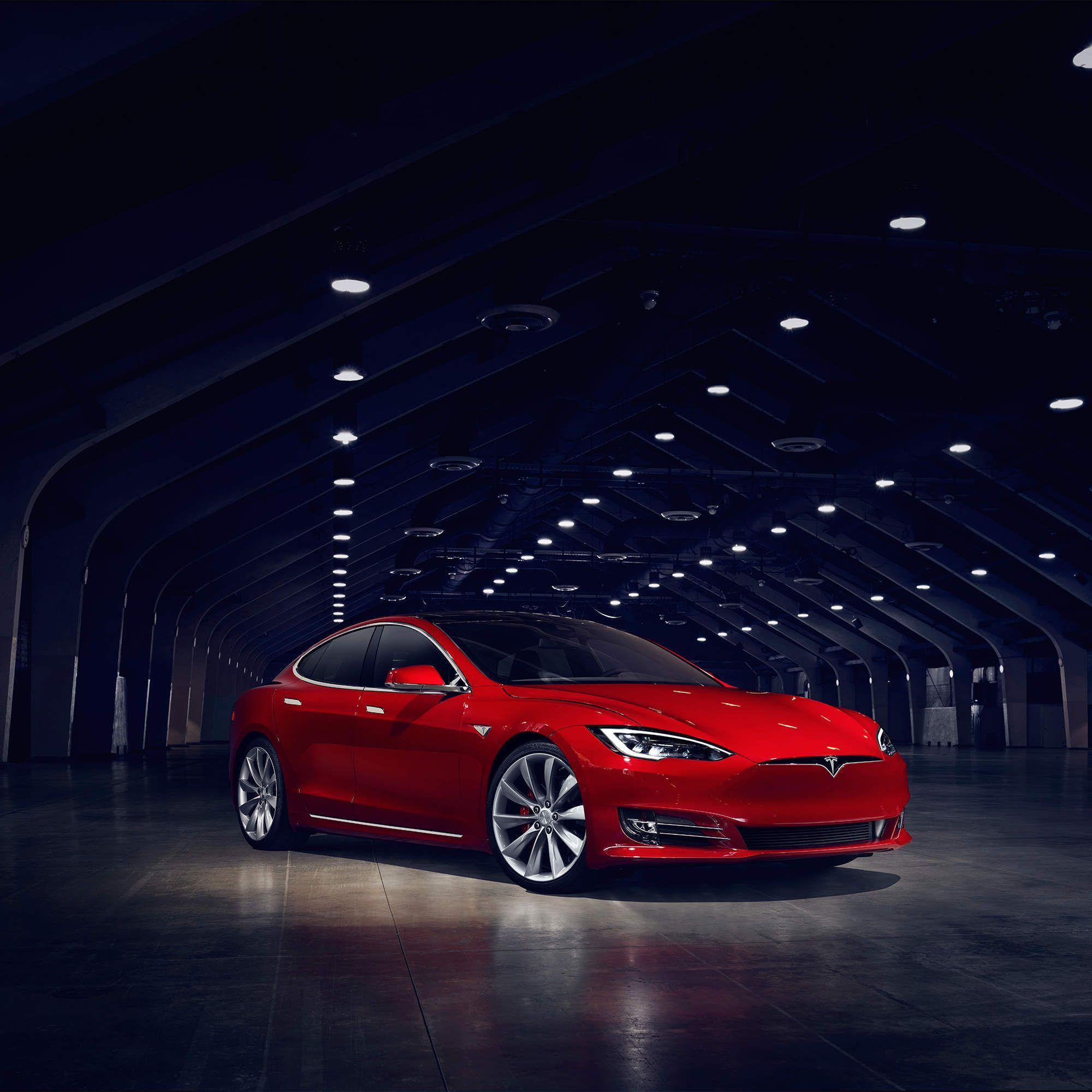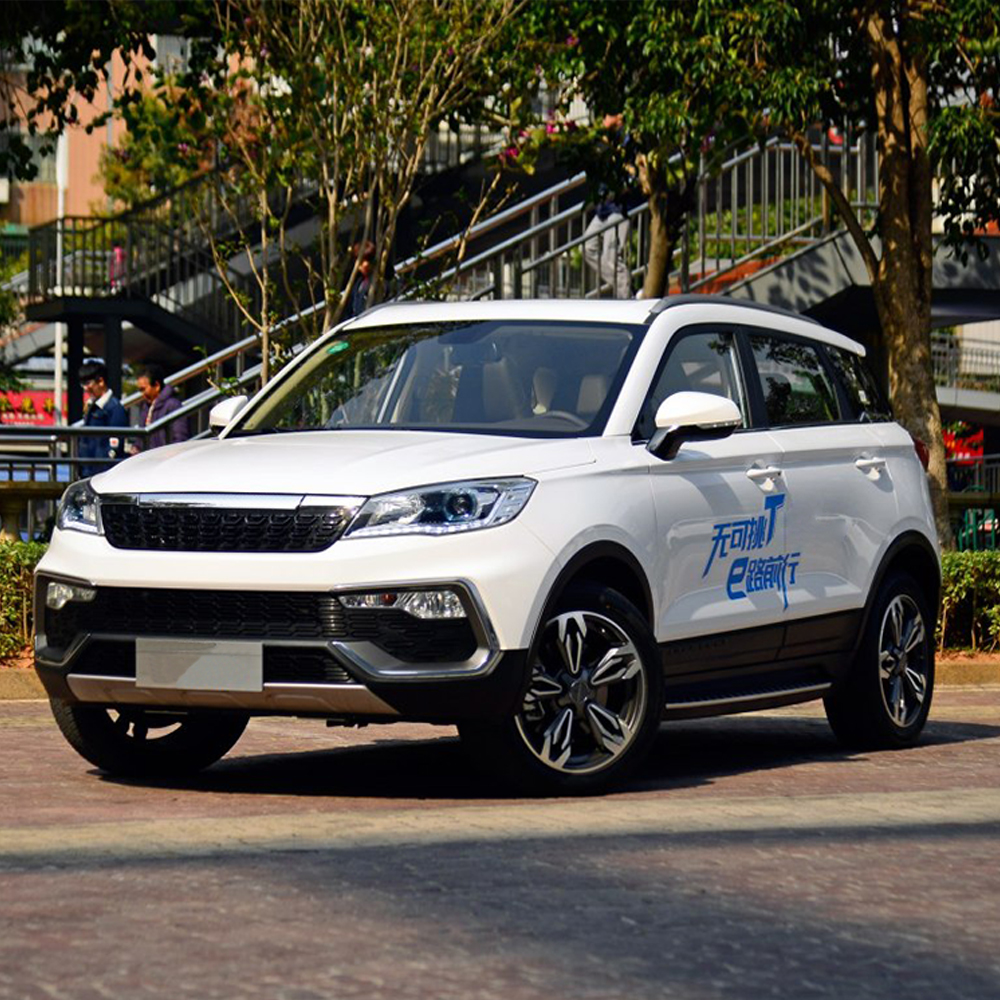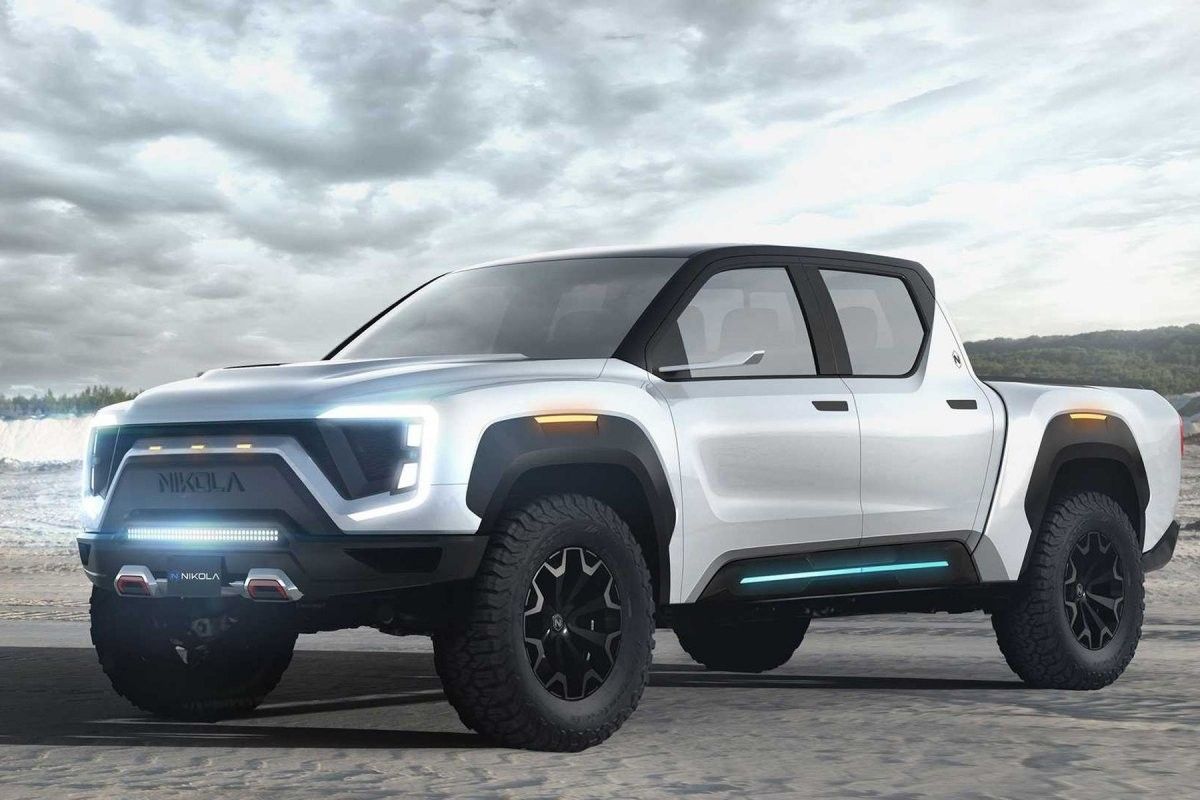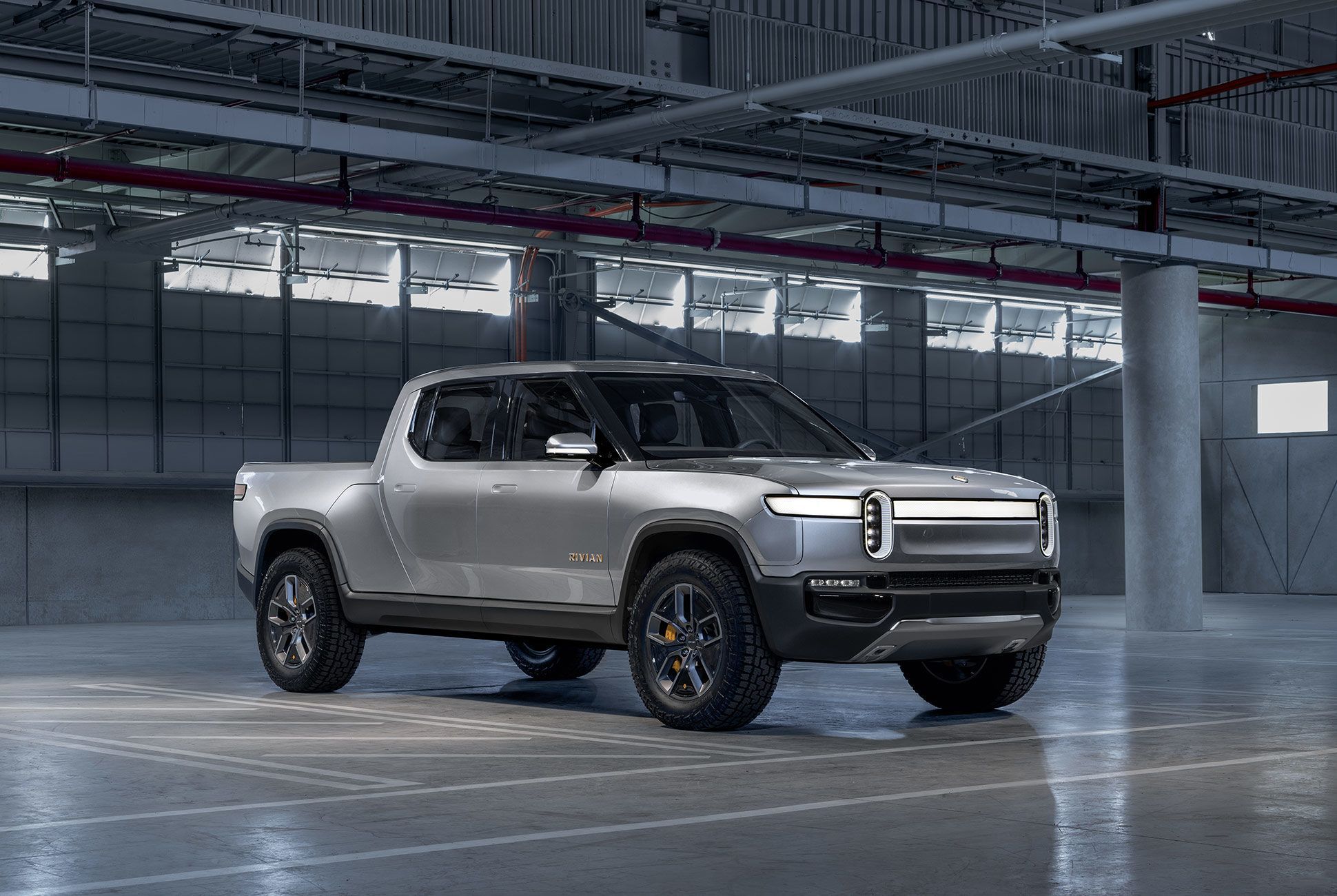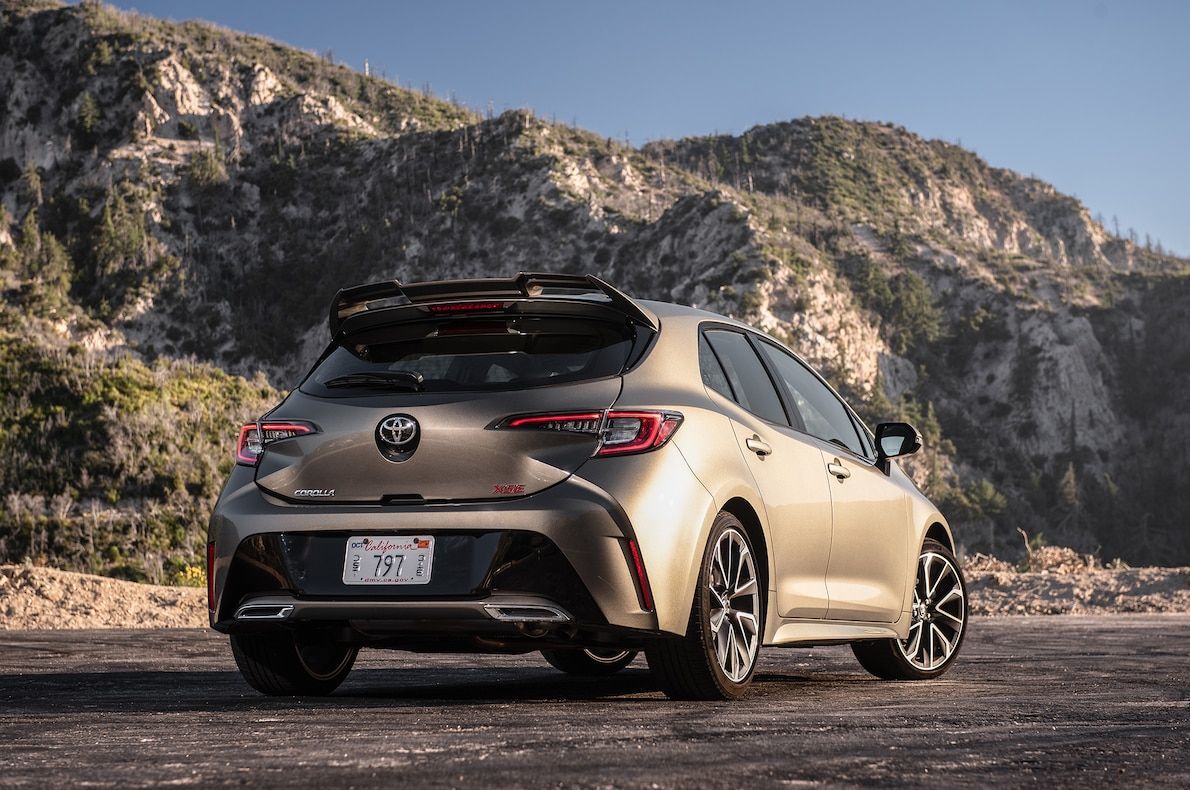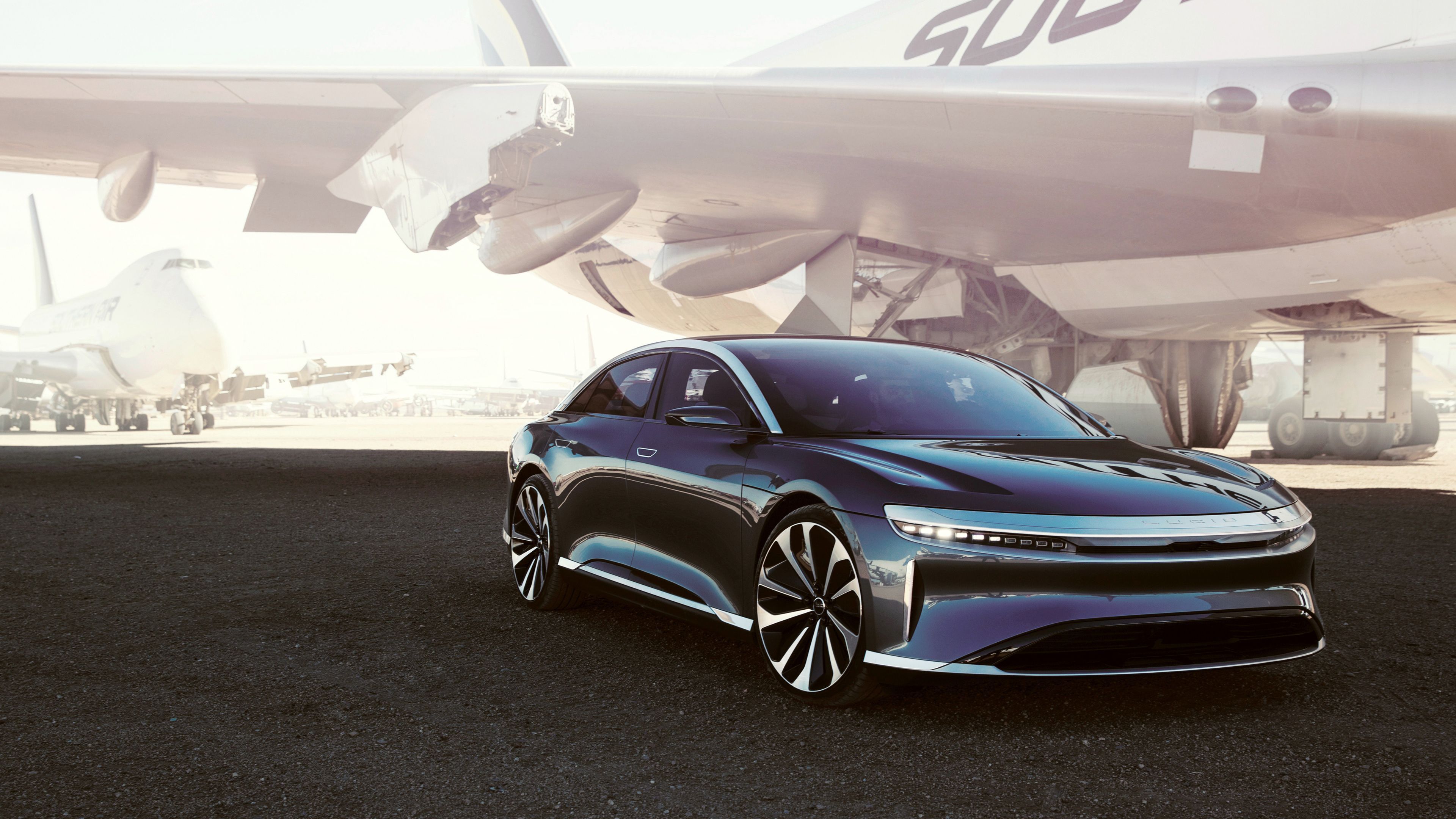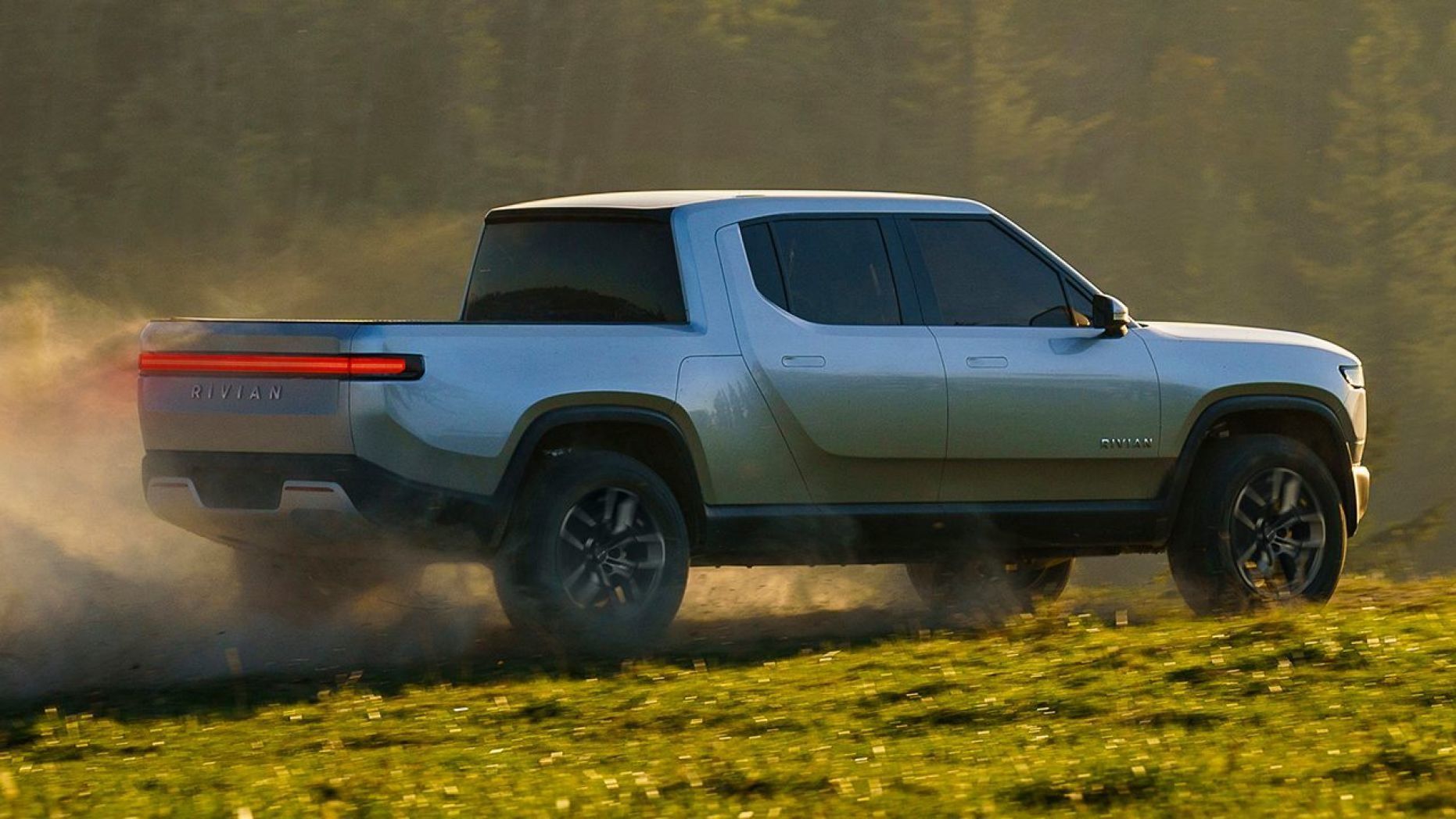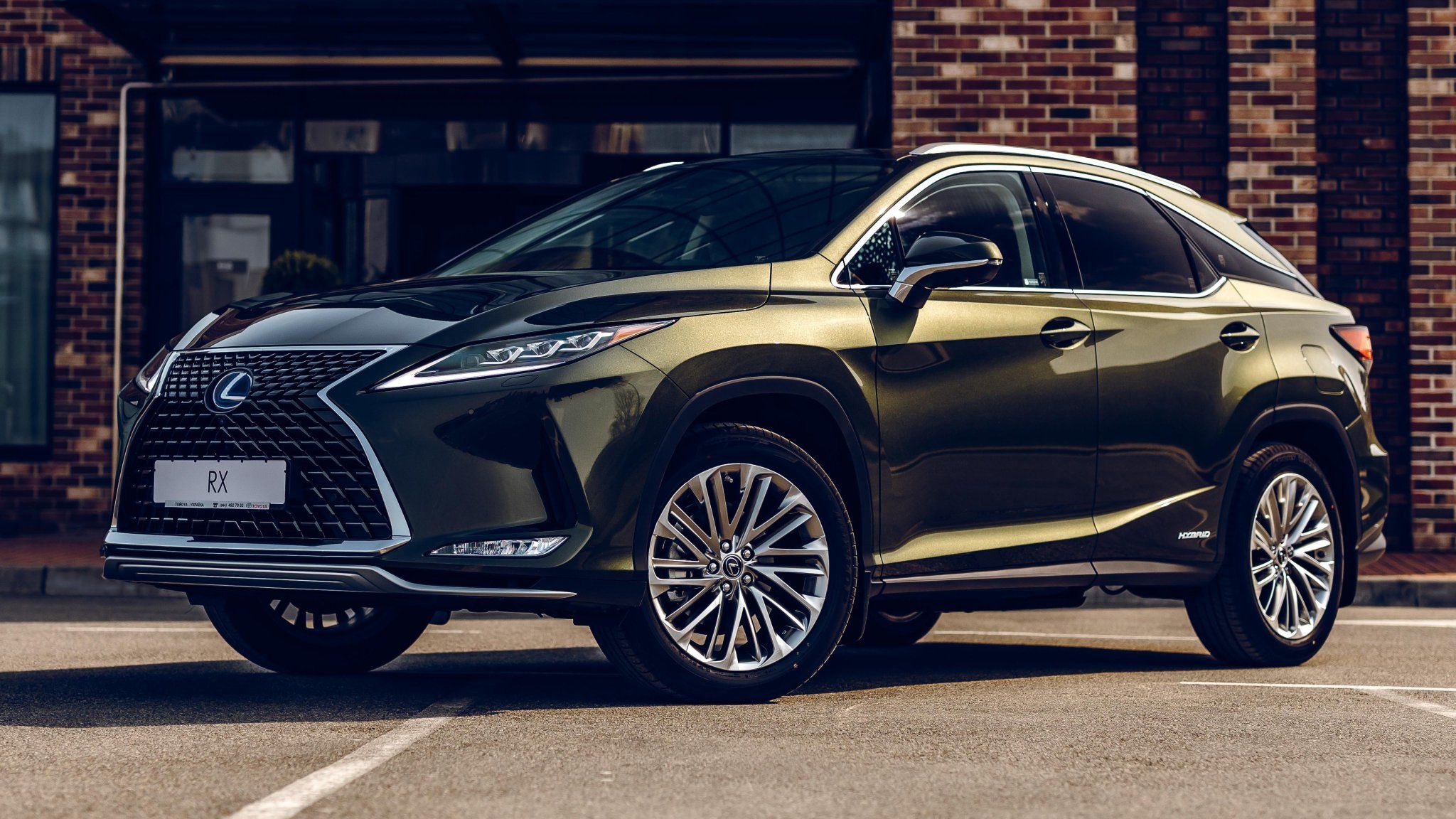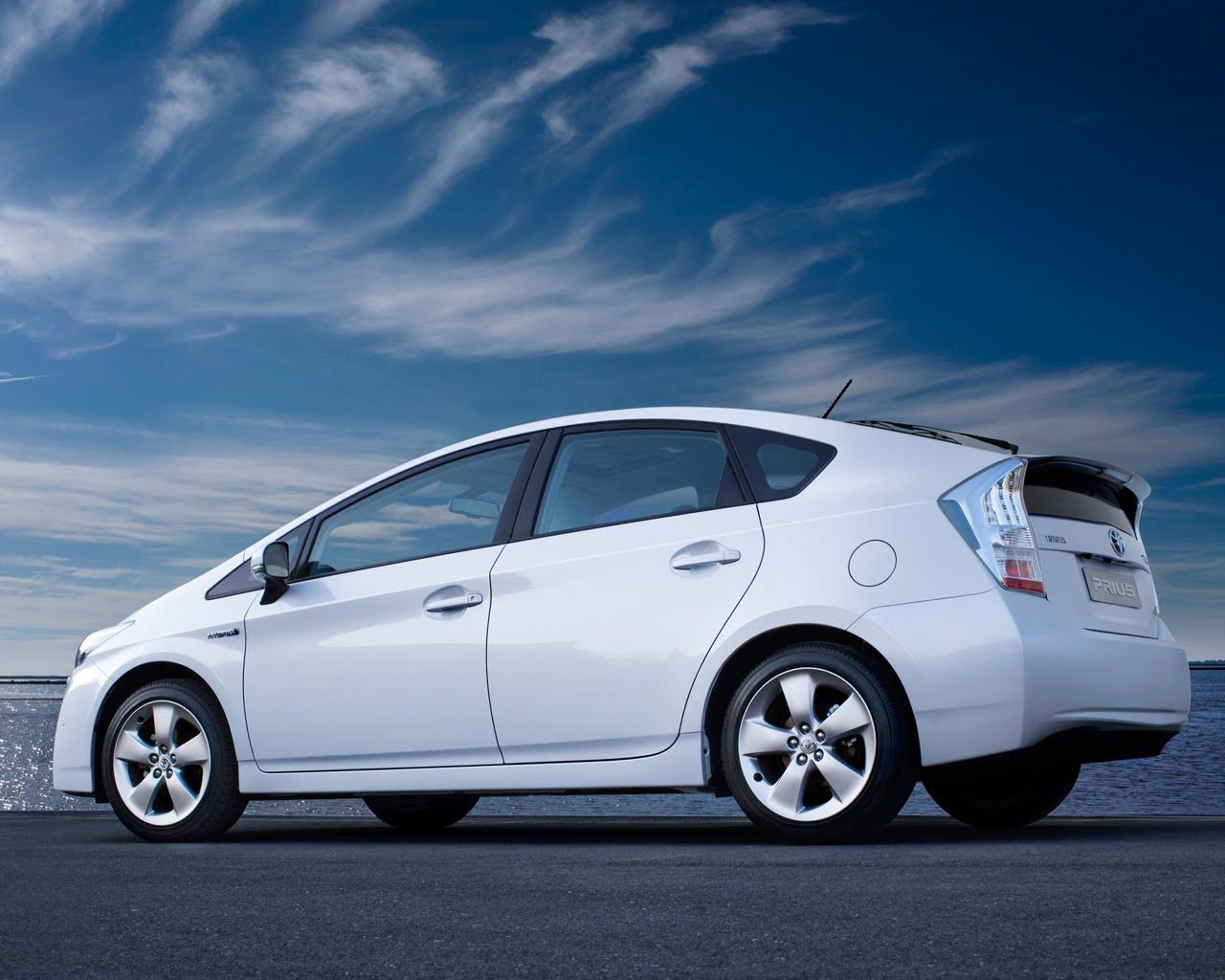We live in a time of vehicle transition, and during this period hybrids still retain a number of advantages over their fully electric vehicle cousins. Or at least they do when compared to their cheaper, lower-level cousins, like the Nissan Leaf.
At the same time, the development of fully electric vehicles is racing forward and their disadvantages are rapidly disappearing in the higher-level models. Few could now claim the likes of the upcoming Lucid Air or Rivian R1T to still be at any true disadvantage to their gasoline counterparts - at least in states like California with extensive charging infrastructure.
Here are five reasons to buy a fully electric vehicle and five reasons why hybrids are actually better.
10 Electric Vehicle - Better For Long Range Highway Driving
Obviously, EVs don't use gasoline or diesel making them very cheap to run long distances (as the cost of electricity is much less than that of fossil fuels). While Hybrid vehicles can enjoy very good fuel efficiency, they are not so good at long distances.
Where hybrid's come into their own is around town driving. This has the dual effect of the constant braking regenerating the battery and with only short travel distances, the owner can plug in and recharge the battery at work or overnight.
9 Hybrid Vehicle - More Versatility
Having the options of either running on the battery or the gasoline engine provides a good deal more versatility — particularly if your EV is short-ranged or there is limited charging infrastructure around.
The standard or entry-level EVs are still lacking the range to get you to many of the destinations you may want to go to. You may struggle to explore many places like in Montana or Idaho or eastern Oregon with a limited range EV.
8 Electric Vehicle - Fewer Moving Parts
Electric vehicles have fewer moving parts, this means fewer parts get worn out and break down. The flow-on effect of that being less maintenance and servicing costs.
Hybrids not only have a full engine with everything that can wear out and break down, but also the electric engine and battery with everything to go wrong there too.
7 Hybrid Vehicle - Sufficient For Most Trips
If you are mostly using your vehicle around town, going to work and back, you may be able to use almost exclusively your electric battery and not use your gasoline-powered engine. The caveat being the range is typically quite limited - around 15-30 miles for a single charge.
If you can charge your hybrid at home and at work, then you can essentially enjoy driving a zero-emissions vehicle with the option to use your engine if you go further.
6 Electric Vehicle - Full Tax Incentives
Electric vehicles enjoy a range of tax rebates and various government incentives around the world. While some of these are also available for hybrids, they are often not available for hybrids or not in full.
One perk of driving a fully electric vehicle is being able to drive in the HOV lanes in California — a perk that no longer extends to most hybrid vehicles.
5 Hybrid Vehicle - Lower End EVs Aren't Fully Ready
Hybrids are essentially a stop-gap measure — a vehicle helping bridge the switch over from combustion engine vehicles to fully electric vehicles. While electric vehicles have come in leaps and bounds over the last ten years, the entry-level EVs still leave much to be desired.
Until all EVs truly come into their own and address the remaining range and charging shortcomings, hybrids will continue to enjoy offering benefits.
4 Electric Vehicle - Fully Competitive Options
If you can afford the higher level EVs, then almost all the commonly raised disadvantages evaporate. Tesla's Model S comes with ranges of up to 400 miles, its Cybertruck up to 500 miles while the upcoming Lucid Air gets up to 500 miles, and the Rivian R1T around 300 miles.
All of these vehicles also feature super-fast charging, and can easily recharge in the time it takes to visit the restroom and enjoy a cup of coffee.
3 Hybrid Vehicle - Time-Saving
If you are in a hurry, then you can just fill up the gasoline tank in five minutes and be on your merry way.
Even though EVs are charging faster and faster, especially the high-end models, you still have to wait for them. There's simply no way around that with an EV.
2 Electric Vehicle - Zero Emissions
Of course, it goes without saying that electric vehicles produce essentially zero emissions while driving. And hybrids do not. Hybrids are still basically combustion engine vehicles with electrical assist.
If one is to do a lot of long-distance travel, then one would possibly even get better fuel economy (and fewer emissions) with a traditional fully gasoline vehicle.
1 Hybrid Vehicle - Unstable Grid
One final advantage of owning a hybrid over a fully electric vehicle is if you happen to live on an unstable grid. If you are reliant to charge your EV at home in order to drive to the next charging station and the power goes out, then you're stuck!
Mostly just remote places in the USA are likely to have unstable grids, so this unlikely to be a disadvantage very often.
In conclusion, hybrids typically only enjoy much of an advantage over EVs if they are compared to entry-level EVs and not Tesla's or Lucid's new high-end vehicles.

